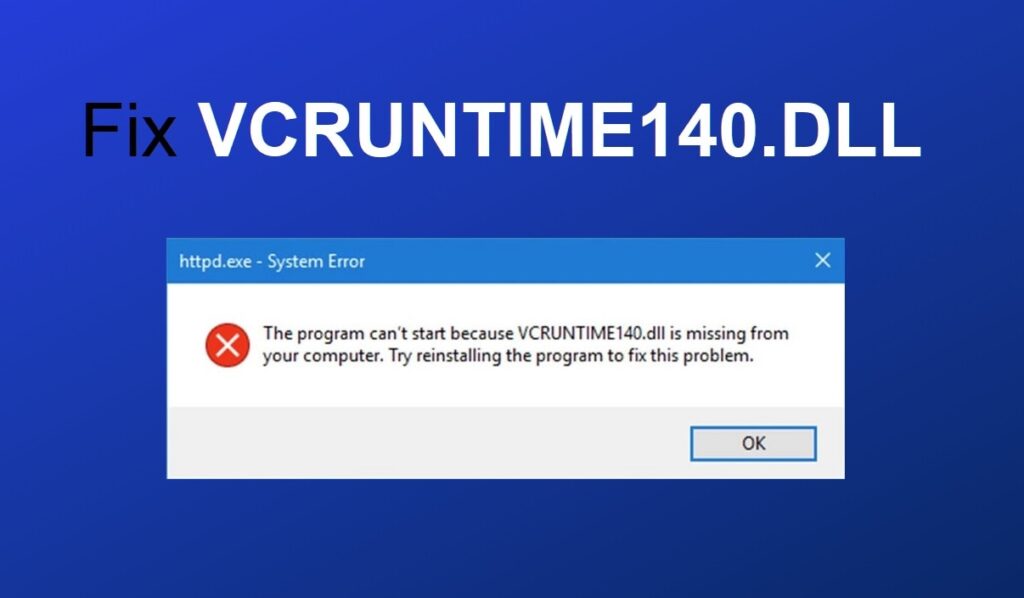When working with MFCDLL shared libraries, there are several important tips to keep in mind to ensure smooth development and deployment of your Windows applications. Whether you are new to using MFCDLL or looking for some helpful reminders, here are 10 tips to remember when working with MFCDLL shared libraries.
- Library Version: Ensure that you are using the correct version of the MFCDLL shared library for your project. Different versions may have MFCDLL patibility issues or introduce new features, so it is essential to use the appropriate version for your needs.
- Deployment Considerations: When deploying your application, make sure to include the required MFCDLL shared library files alongside your application executable. This ensures that the necessary MFCDLL ponents are available on the target system for proper execution.
- Dependency Management: Take into account any dependencies that the MFCDLL shared library may have. If your application relies on other DLL files, ensure that they are also included during deployment and properly managed.

- DLL Loading: Understand how the operating system loads and resolves DLL dependencies. Ensure that the necessary DLL files are accessible by the system at runtime, either by placing them in the same directory as the application or by configuring the appropriate search paths.
- Performance Considerations: Be mindful of the potential impact on application performance when using MFCDLL shared libraries. Loading and unloading dlls can introduce overhead, so consider strategies like preloading or caching dlls to optimize performance.
- Error Handling: Implement robust error handling mechanisms when working with MFCDLL shared libraries. Properly handle errors that may occur during DLL loading, function calls, or any other interactions with the library to ensure graceful error recovery and user experience.
- Documentation: Familiarize yourself with the documentation and resources available for the specific MFCDLL shared library version you are using. Understanding the library’s capabilities, usage guidelines, and any known issues can save you time and help you make the most of its features?
- Debugging Tools: Utilize debugging tools available within your development environment to troubleshoot issues related to MFCDLL shared libraries. Tools like debuggers, loggers, or profiler tools can assist in identifying and resolving problems during development and testing.
- Code Maintenance: Keep your codebase organized and maintainable when working with vcruntime140.dll shared libraries. Use appropriate abstraction layers, encapsulation, and modularity to isolate library-specific code, making it easier to update or replace the library in the future.
- Stay Updated: Stay informed about any updates, patches, or security fixes released for the MFCDLL shared library version you are using. Keeping your library up to date ensures that you benefit from bug fixes, performance improvements, and security enhancements.
By keeping these tips in mind, you can effectively work with MFCDLL shared libraries and develop robust and reliable Windows applications. Remember to consider versioning, deployment, dependencies, performance, error handling, and documentation, debugging tools, code maintenance, and staying updated to maximize the potential of MFCDLL shared libraries.